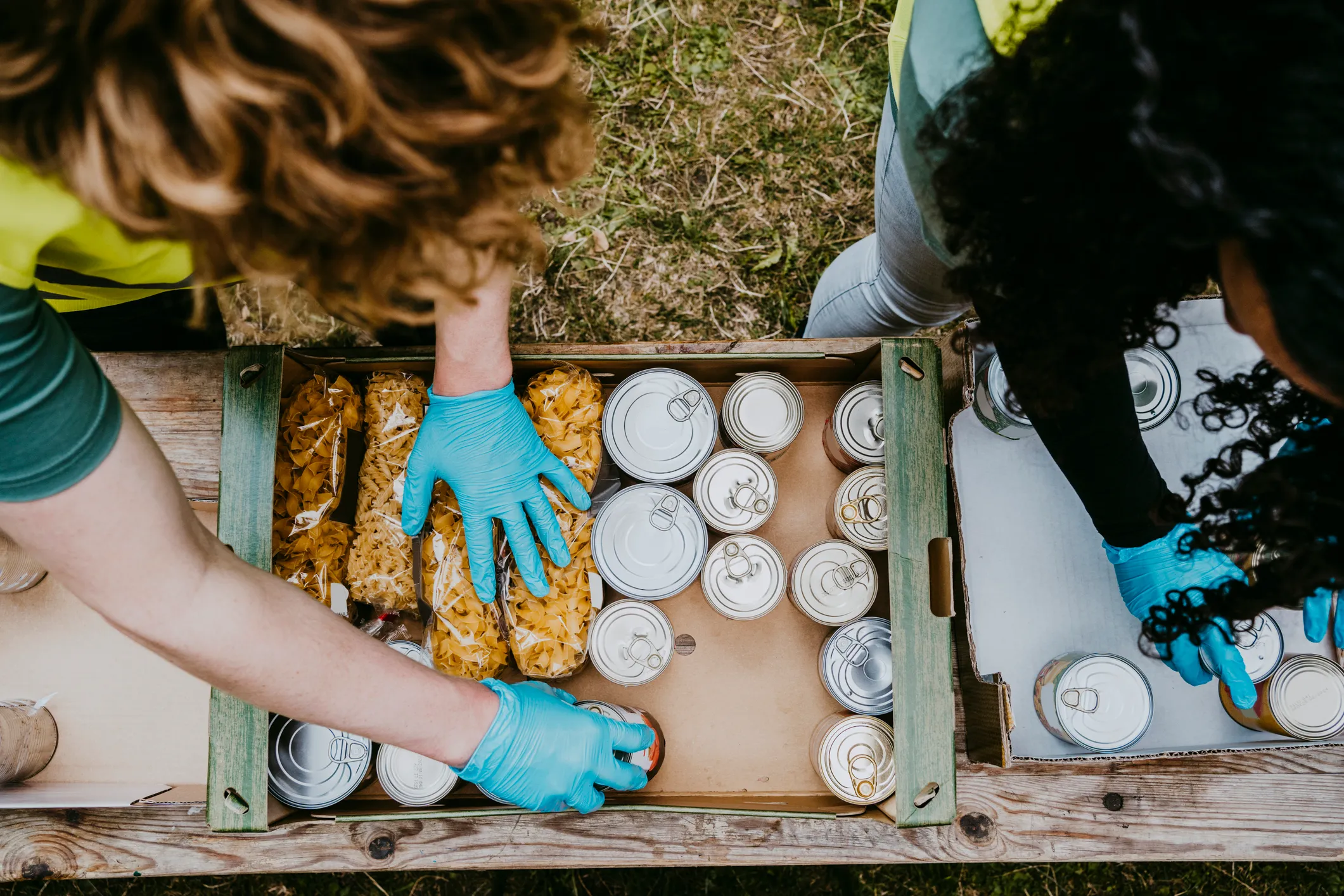As human beings, we’re hardwired to give back. Learn about what happens in our brain when we do.

Ever heard of the “helper’s high”? It’s the brain’s way of rewarding us when we do something kind for someone else.
Giving is one of our most powerful wellbeing tools. It’s been linked to lower stress, better heart health, stronger immune function, and even increased longevity.
What’s more –– acts of giving can trigger the release of feel-good brain chemicals and activate reward centers in the brain, secreting feel-good hormones such as dopamine, oxytocin, and endorphins. These hormones can boost your mood, lower stress, and yes –– give you that “high” afterwards.
Research has also shown that the prefrontal cortex and the temporoparietal junction (TPJ) –– two critical regions of the brain –– become activated when you give back. These regions are associated with empathy, emotional intelligence, decision-making, and problem-solving.
You might say that your brain enjoys giving. Generous behavior activates the same regions that light up when we eat delicious food or are feeling pleasure. And the good news is that your generous brain doesn’t only react to big donations or hours of volunteering. Small acts of kindness, like checking in with a friend, holding the door for a colleague, or saying “thank you” to a cashier at the store, can make a difference. These small, everyday actions help us reach out to the people around us and find a deeper connection to others and to ourselves.
If you’re looking for small ways to give back today, here are some Microsteps to try:
Say a genuine “thank you” to someone each day.
Expressing gratitude is a great way to connect with others, boost resilience, and lower stress.
Each day, spend time on someone else, even if you're busy.
Helping, listening, or simply being present for someone else can benefit both you and whoever you're helping.
Donate a small amount of money to a cause you care about.
Charitable giving can improve our well-being and reassert a sense of control over our lives.
Regularly have conversations where you mostly listen.
Making others feel heard is a powerful form of showing you care and that you're there for them.
Think of something nice that someone has done for you recently.
Just taking a moment to appreciate someone's kindness can encourage you to pay it forward.
Ask a friend to volunteer with you over the weekend.
Swap your dinner plans for a volunteer date. It's a great way to do something meaningful together and deepen your bond.
Find one small way to give that draws on your own talents.
Focusing on what you can offer to others reduces feelings of helplessness and allows you to have an impact.
If you're feeling overwhelmed, take a few minutes to do something kind for someone else.
Generosity can help lower stress. Research even shows that when we spend time on others, our sense of our own time actually expands.